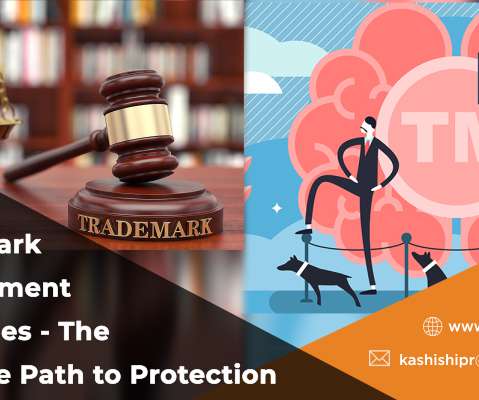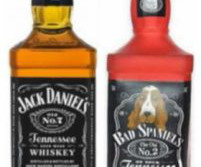Trademark Infringement in the Digital Age
IP and Legal Filings
MARCH 5, 2024
The accessibility of Internet markets and the ease with which information may be shared have given rise to new opportunities for trademark infringement. Trademark infringement has grown more complex and pervasive, ranging from counterfeit goods to digital squatting and keyword advertising.












Let's personalize your content